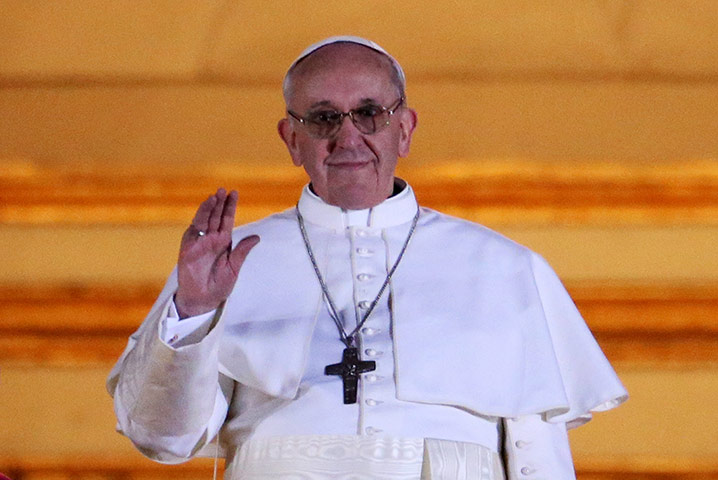
Love is a feeling that all human beings feel at one time or another throughout their lives. In terms of the Catholic Church, love is objective. However, I think love is subjective as well, as it does vary from person to person.
Love as Objective
The Catholic Church teaches that Love comes from God, as He is the ultimate form of Love. The reason God created us was not to advance an interest of his own, but just out of His pure Love. This means that Love stems directly from God, and He is its source. Furthermore, we can say God is objective- meaning everyone recognizes the same attributes in God: Omnipotence, Omnibenevolence, Eternal, and so on. This means that God is objectively verifiable. Now, to spice this up with some transitive properties- if God is the source of Love, and God is objective, then we can say Love as a concept, is truly Objective.
Love as Subjective
Love as subjective stems from the way humans view love in the current world. Obviously, we all do not love the same people and are not attracted to the same type of people. This must mean that love is subjective, that it varies from person to person, and that people have different loves. This answer might seem really short, but the next section explains why.
Different Interpretations
This question, whether love is objective or subjective is up to much interpretation. On one hand, people could answer this question thinking "would all people love the same person?", terminating in the conclusion that love must be subjective. However, other people might think "is the concept of love objective", which terminates in my first answer. This is a good question up for debate- and it's a little bit of both.
-atohme



